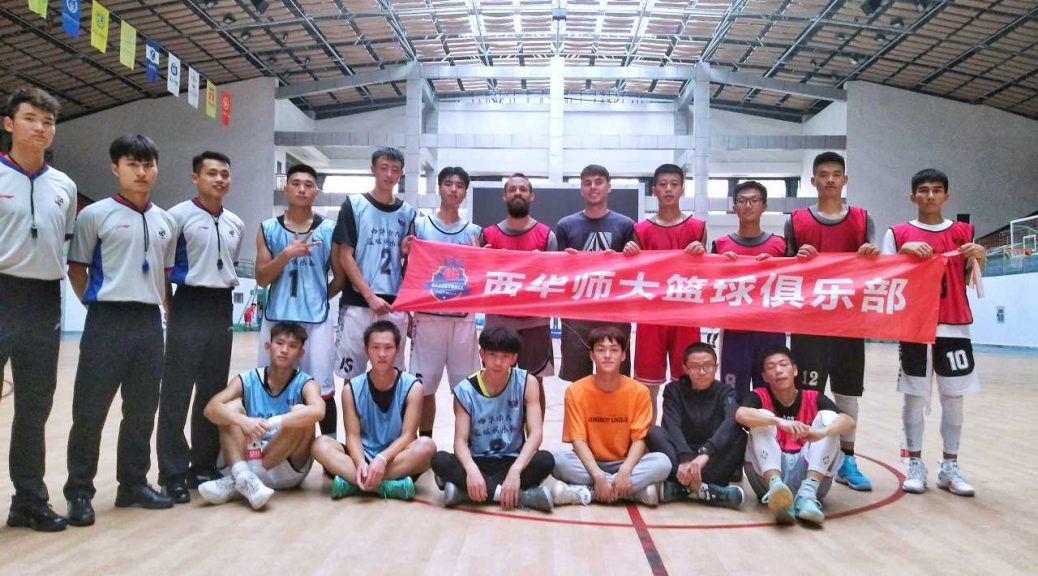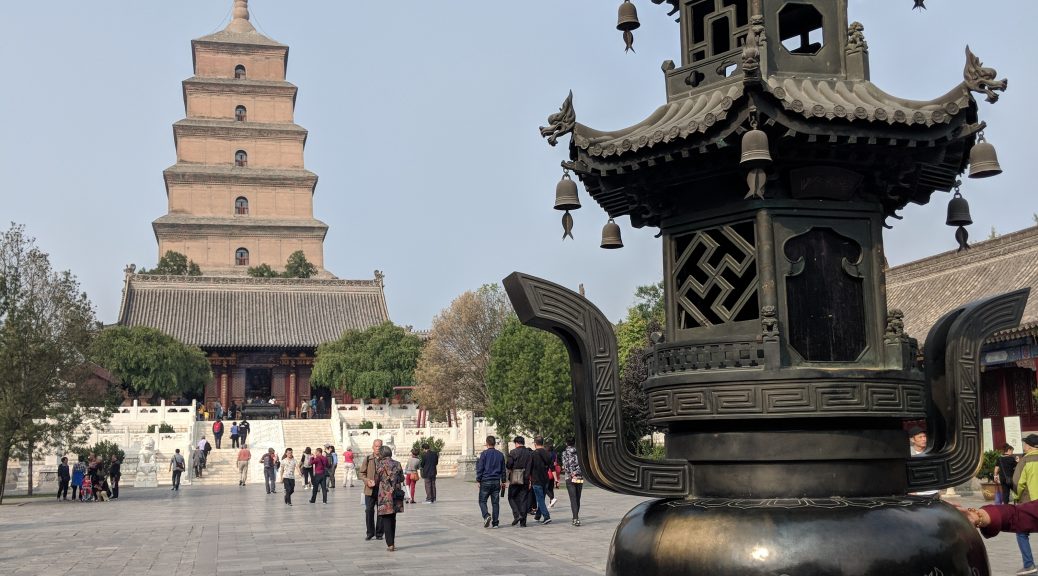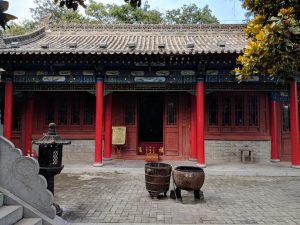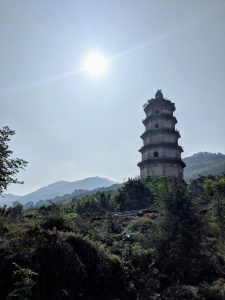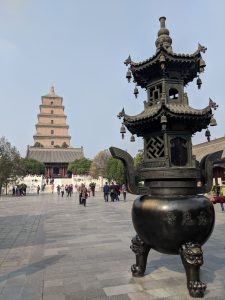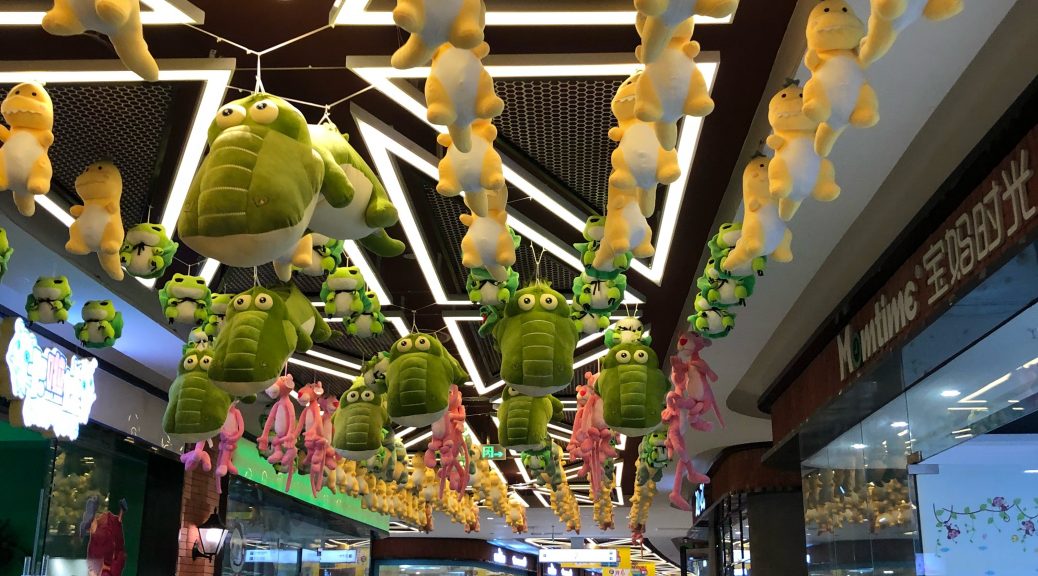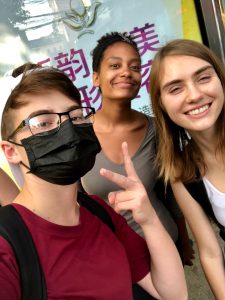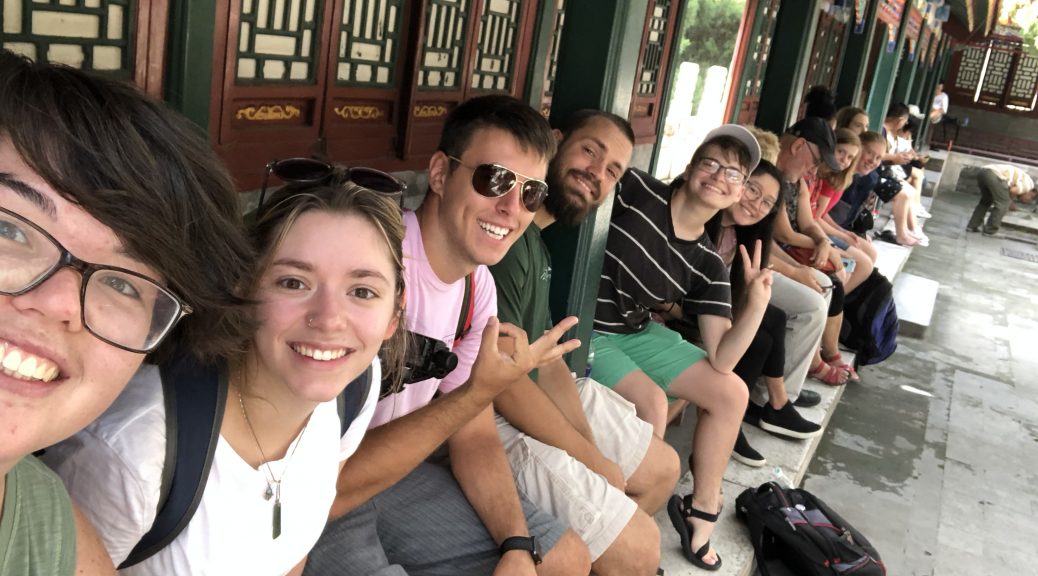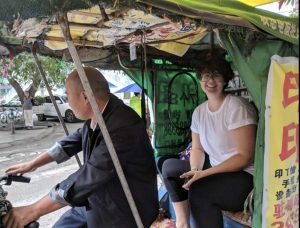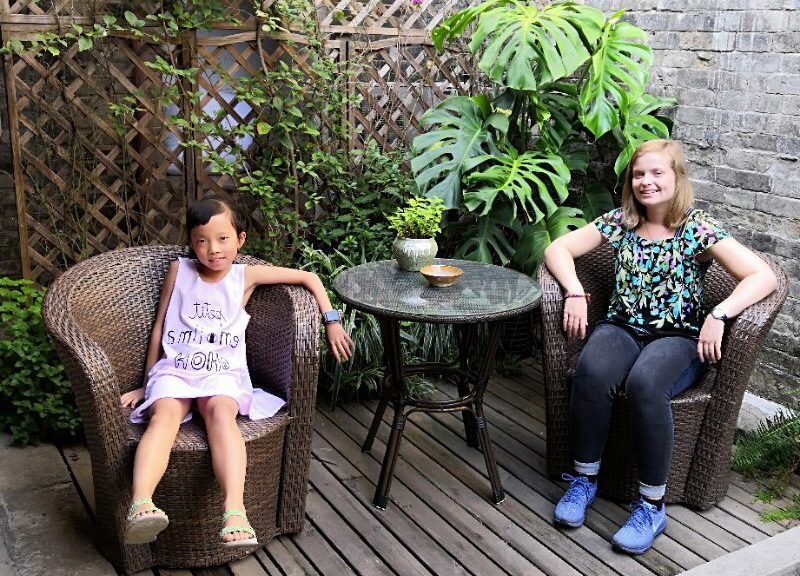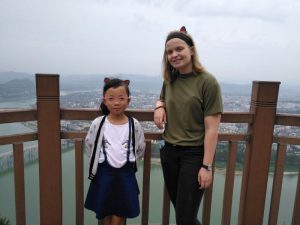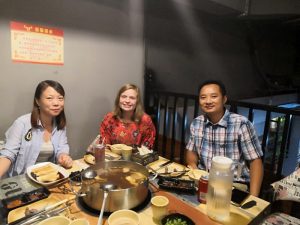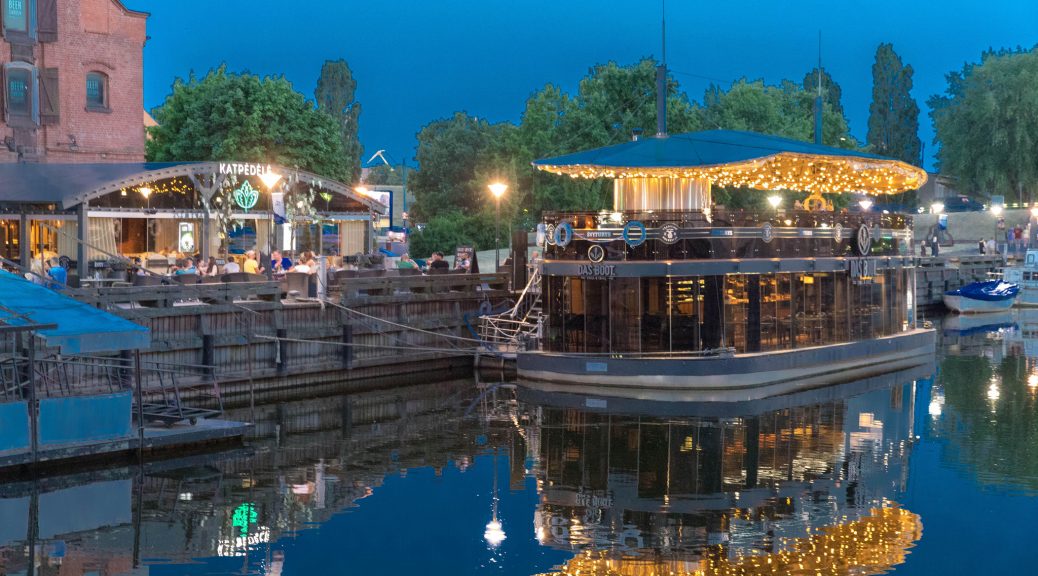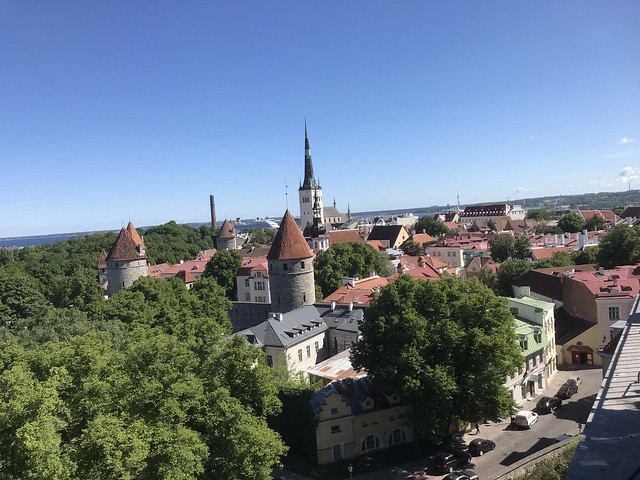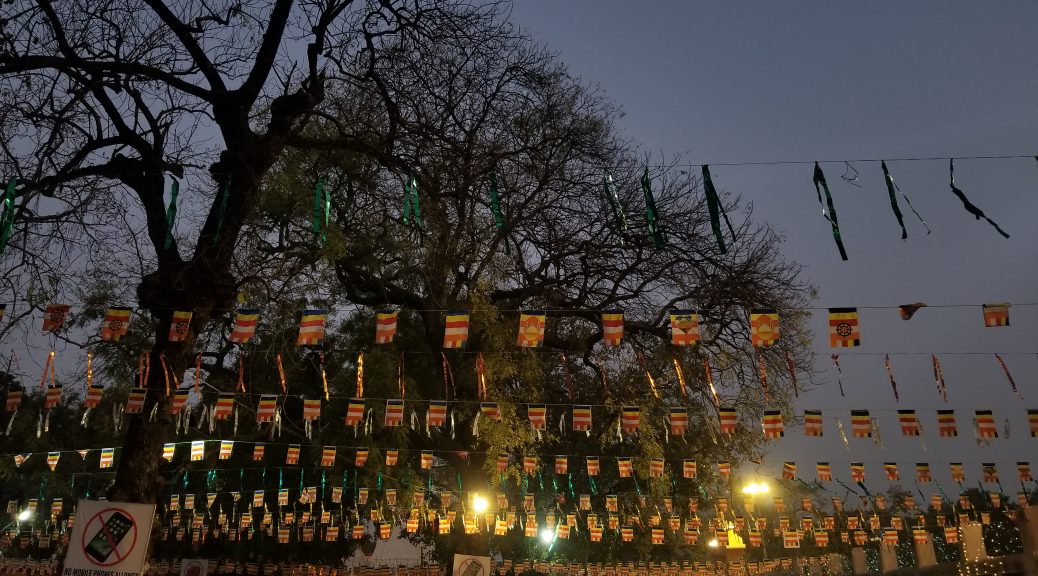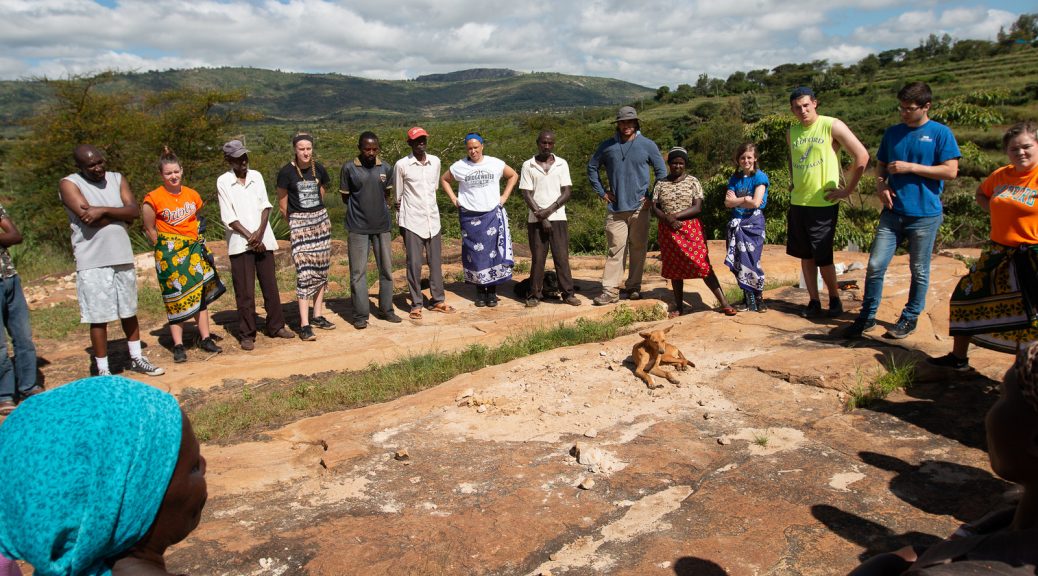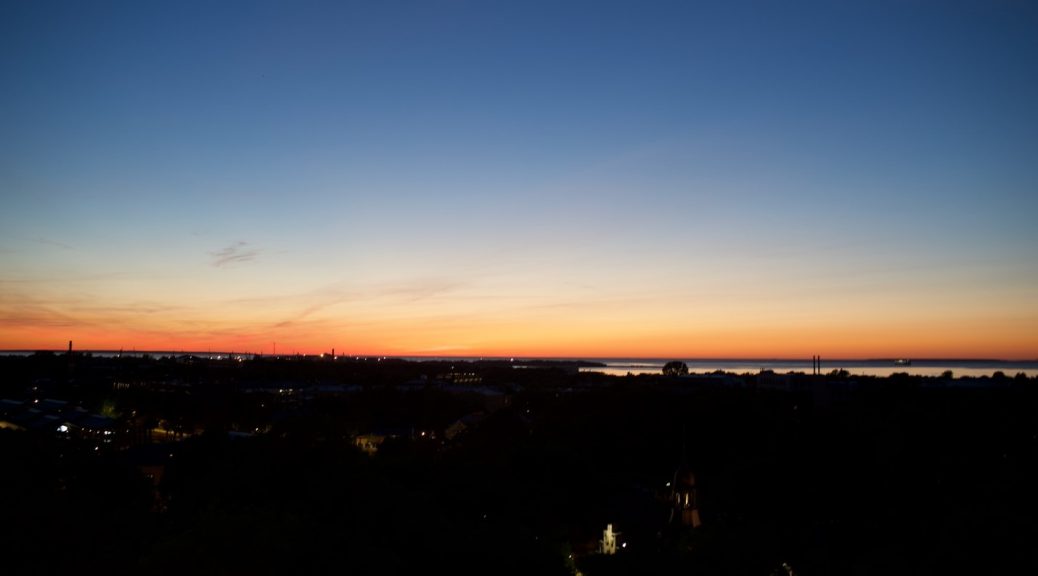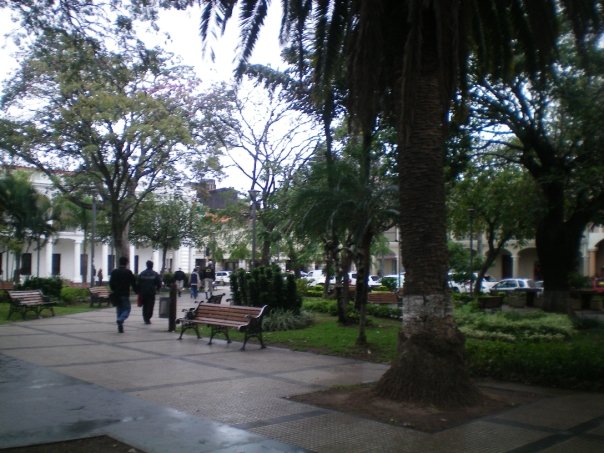Nov. 4, 2018
After being unable to communicate clearly with people for the first few weeks of our trip, I was ready to use sports as my medium of communication. I heard about ping-pong tables but could not find them and had to ask for assistance from a boy sitting at the top of the steps looking over several courts of pick-up basketball. There are many English majors on the China West Normal university campus, and I thought it would be worth a try to open the conversation in English rather than stumble through any of my basic Chinese phrases that I had not yet polished. When I asked if he knew English, he told me that he was an English major and that his English name was “Box.” I had to confirm the name because of its obscurity. We chatted a little as he led me to the ping-pong tables. I found out that he liked basketball and got his contact information for a possible game in the future. This is how I met many of my Chinese friends.

Box later explained that his Chinese name combined with the Chinese character for “Box” meant psychopath in his hometown. In general, more complicated conversations like this with non-native English speakers can be draining. I have realized that Chinese to English translation is no easy task. This fact is prominently displayed all over China on signs with English translations that often leave me scratching my head. Even if all the words are correct, a cultural point may be missed along the way. Even though most students’ English is better than mine, I sometimes feel that I am speaking to a child as I dumb down my vocabulary and filter my cultural references. I must remind myself that many people I talk to are much more intelligent than they appear in English. My rudimentary Chinese doesn’t paint me as the next Einstein either. In the midst of this frustration, I turn to sports as a universal language to communicate through competition.
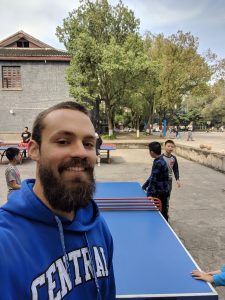
I spend many evenings texting all my Chinese friends to ask if they want to play ping-pong. Often, they are busy studying for a test or doing homework, but I usually can find at least one person to play me. In the U.S., I list my ping-pong skills as average. However, after being told by a 12-year-old boy that I “die quickly,” I think my official Chinese ranking should probably be below average. No matter the skill difference, I enjoy either asking questions about college life for Chinese students or putting some of my Chinese language to use depending on my opponent’s English ability.
In the end, I was able to play some basketball with Box. We happened to be on the same team on a weekend tournament put on by the basketball club. With only two weeks remaining in our time on this university campus, it is one of my goals to be as active with others as possible.
-Andrew Troyer
